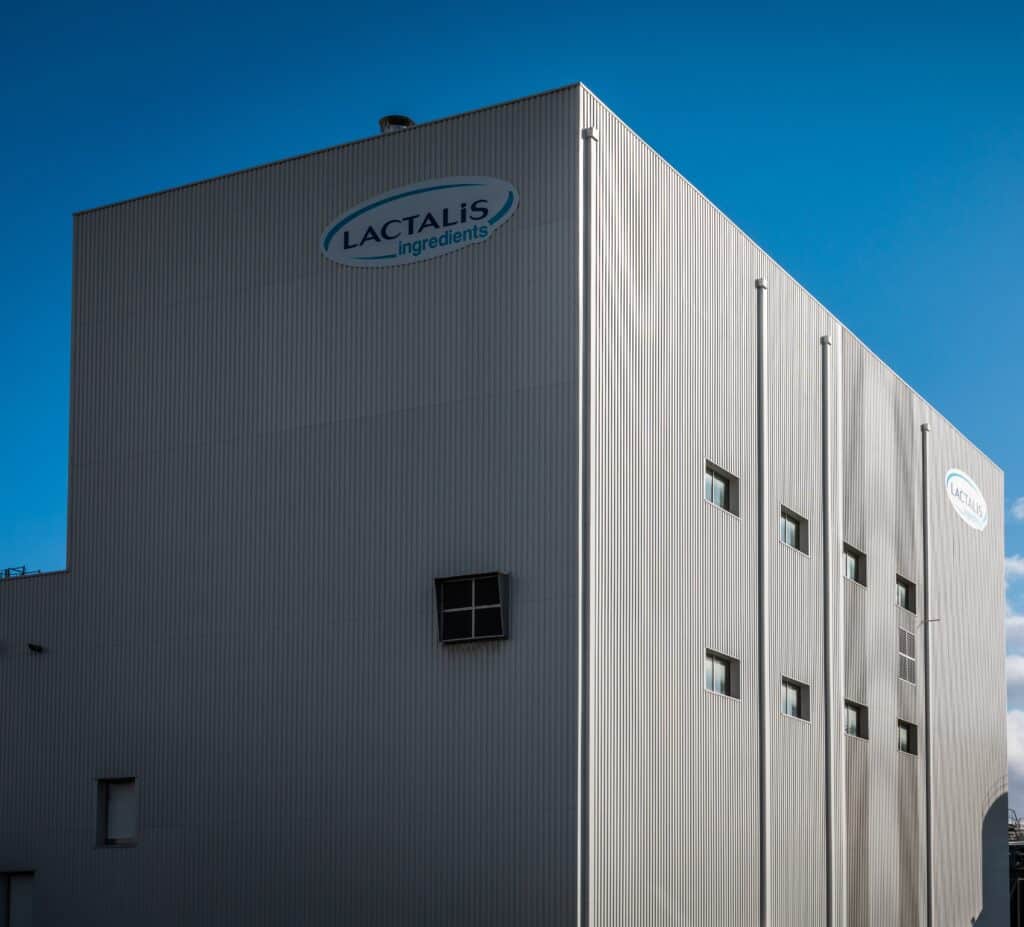Each year, new pharmaceutical challenges are faced by the industry. 2023 saw the more widespread use of artificial intelligence (AI), the Nobel Prize in Physiology or Medicine awarded for research into mRNA vaccines, as well as advances in the treatment of malaria and in oncology. In 2024, these challenges are set to continue, but at the same time, new pharmaceutical challenges will certainly emerge and need to be anticipated.
A quest for innovation: one of the main pharmaceutical challenges
Next-generation technologies
As affirmed by the significant number of investment projects, the potential for progress in the pharmaceutical industry as well as possible developments in research are far from arriving at a dead end. In the current context, with the main patent gradually falling into the public domain after a 20-year monopoly, they have even become a necessity. Today, R&D efforts are driven by and focused on blockbuster medicines and next-generation treatments.
Now emerging into the mainstream of contemporary research, mRNA vaccines are a major example. At the same time, we are seeing an increase in the number of pre-clinical and clinical phases in which they are being trialed, alongside a broadening of the number of diseases that can potentially be addressed. These include malaria and HIV.[1]
Another example is the collaboration between Beam and Pfizer who are themselves confronted by these pharmaceutical challenges. The technology they are working on is an in vivo base editing program aiming to develop treatments for a range of rare diseases.[2]
Finding active ingredients to address new pharmaceutical challenges
In addition to new technologies, pharmaceutical challenges also relate to active ingredients. The development of practical solutions for obesity and diabetes is certainly the most prominent example. After an acceleration in 2023, there seems to be no sign of slowdown. On the contrary, it is still a hot topic and the search for solutions is taking shape. Using an analogue of a hormone stimulating the secretion of insulin, two laboratories currently dominate the market: Novo Nordisk with its medicine Wegovy and Eli Lily with Zepbound. However, the list of competitors is growing. This includes Roche, which acquired Carmot Therapeutics at the end of 2023, thereby gaining access to its research and development portfolio and its drug candidates.
Adapting to the era of AI
In the wake of its remarkable rise in 2023, ongoing R&D efforts to adapt to pharmaceutical challenges are incorporating the use of AI. It has many uses e.g., molecular design, pharmacokinetic and toxicity predictions, identification of disease-associated targets or prediction of the interactions between targets and potential drugs.[3] Behind all these uses lies a reduction in R&D costs.
Finally, AI opens up the potential for the further advancement of personalized medicine, as it can be used to analyze real-world patient data and ultimately develop more effective treatment outcomes and new ways to treat patients.3

Well-known pharmaceutical challenges: breaking the cycle of shortages
The problem of drug shortages has been recurring for several winters now. Knowing that this phenomenon can occur, solutions need to be anticipated in advance.
Redesigning production lines
The pharmaceutical industry’s production lines involve multiple stakeholders and a wide range of products and raw materials. A robust supply chain management is thus an essential requisite, in particular because a malfunction entails downstream consequences that could lead to shortages.
In this context, outsourcing drug development and manufacturing is an option to consider for 2024. This is precisely the aim of Contract Manufacturing Organizations (CMOs), who offer a wide range of services from early-stage development to commercial manufacturing.
National and European initiatives[4]
In France, a collective charter “for fair patient access to medicines subject to supply tensions” was signed in November 2023. This request from the French Ministry of Health and Prevention gathered many signatories, including manufacturers, wholesale distributors and pharmacists under the aegis of the National Agency for the Safety of Medicines and Health Products and the French Chamber of Pharmacists.
Further measures are envisaged, such as the convergence of European legislation, revitalising investment and securing the long-term future of our industrial base to strengthen our strategic autonomy, adjusting drug prices or adopting standard measures for monitoring and managing stock-outs. The key challenge now lies in implementing and monitoring these measures in order to transform these promising ideas into effective action. In addition, beyond the shortages, they are part of a broader framework for restoring health sovereignty in France and Europe.
To conclude, challenges concern multiple and varied industry issues. They are also compounded by the need for resilience and flexibility in the face of ever-changing regulations. With 50 years of expertise in lactose production, the Lactalis Ingredients group is more than capable of adapting to changing circumstances. Its stable supply of raw materials from within the Lactalis group, its environmental policy on water and carbon impact, and its location in France make it a sustainable and trusted partner to effectively address the pharmaceutical challenges the coming years are likely to bring.
Mot-clé : pharmaceutical challenges
[1] L. Matarazzo, mRNA vaccines : a new opportunity for malaria, tuberculosis and HIV, April 2023, doi: 10.3389/fimmu.2023.1172691
[2] Pfizer, Pfizer and Beam Enter Exclusive Mutli-Target Research Collaboration to Advance Novel In Vivo Base Editing Programs for a Range of Rare Diseases, 2022
[3] L.K. Vora, Intelligence artificielle dans la technologie pharmaceutique et la conception de l’administration de médicaments, 2023
[4] Leem, Pénuries de médicaments : comment les réduire?, 28/11/2023






